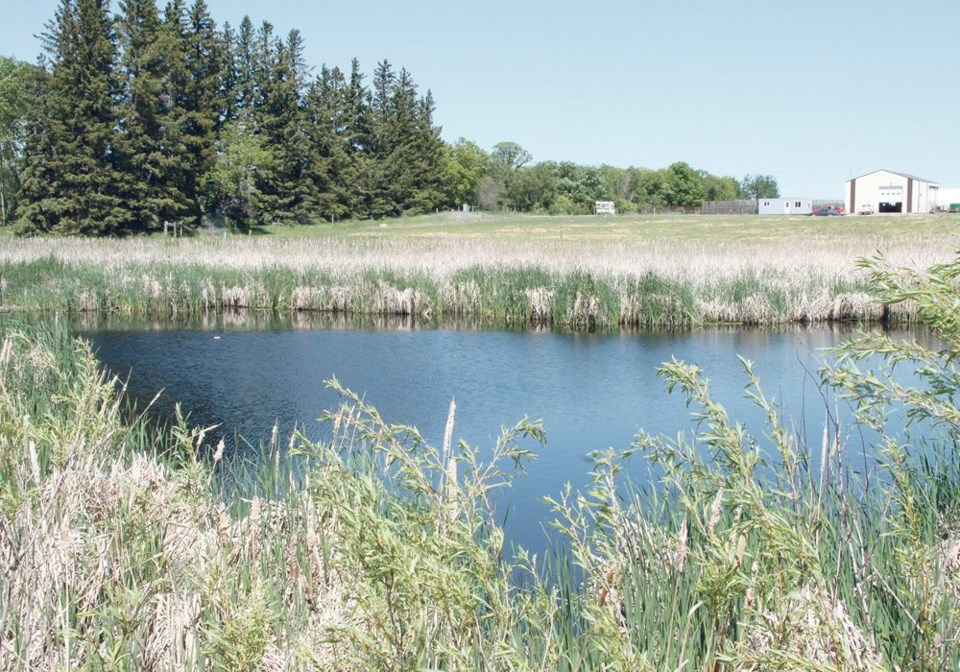WESTERN PRODUCER — The Saskatchewan government said it wants to know exactly what the federal government is looking for if it is testing water samples from farmers’ dugouts.
Water Security Agency minister Jeremy Cockrill said the government received multiple reports from farmers last week that federal vehicles were on their land. A tweet from Pense farmer and former Western Canadian Wheat Growers president Levi Wood showed a photograph of a Government of Canada vehicle and two people.
Wood said Aug. 22 that the picture had been taken by a farm employee who spotted the vehicle on neighbouring land. When asked, the federal employees said they were testing for pesticide residue and nitrates.
Wood said his post wasn’t really to question whether federal employees can be on the land, but why they were there.
“I’m sure the federal government can do whatever they want. It’s just a question of why and why now,” he said.
The dugout is filled each spring by runoff and even a heavy rain doesn’t provide much additional water, he said.
Farmers worry about biosecurity and having equipment stolen and always want to know who is on their land, he said. If the federal government is testing water it should have communicated that to landowners.
“Part of the problem is the level of trust between most farmers and the federal government is reasonably low,” Wood said, referring to the social media conversation following the post.
Many farmers were concerned about trespassing, biosecurity and federal motives, while other posts said landowners should want to know that they have good water.
Cockrill said WSA, as the provincial water regulator, is in constant contact with farmers and municipalities about potential concerns. He said nothing had been flagged at the agency and he wants to know what Ottawa is looking for.
The minister said the response from the federal employees “rings some alarm bells for us, just given how this federal government has approached the ag sector in years past” and currently with regard to its plan to reduce emissions from fertilizer by 30 percent by 2030.
Farmers near Mossbank and Pilot Butte reported similar vehicles on their land and Cockrill said he expected he would hear more. None of the producers had given permission for land access. In a letter to federal environment minister Steven Guilbeault that Cockrill posted on Twitter he reminded him that water quality falls under provincial jurisdiction.
“While consulting on the creation of a Canada Water Agency your government indicated that it would not infringe on provincial jurisdiction but would work in collaboration with provincial governments,” Cockrill wrote. “Your attempt at covert testing of water bodies on private lands in this manner, without collaborating with the Saskatchewan Water Security Agency or any government of Saskatchewan ministry, has created unnecessary fear and disruption to our citizens while also displaying a disappointing act of bad faith.”
He also pointed out that violating trespass laws could result in a fine up to $25,000.



.png;w=80;h=120;mode=crop)
